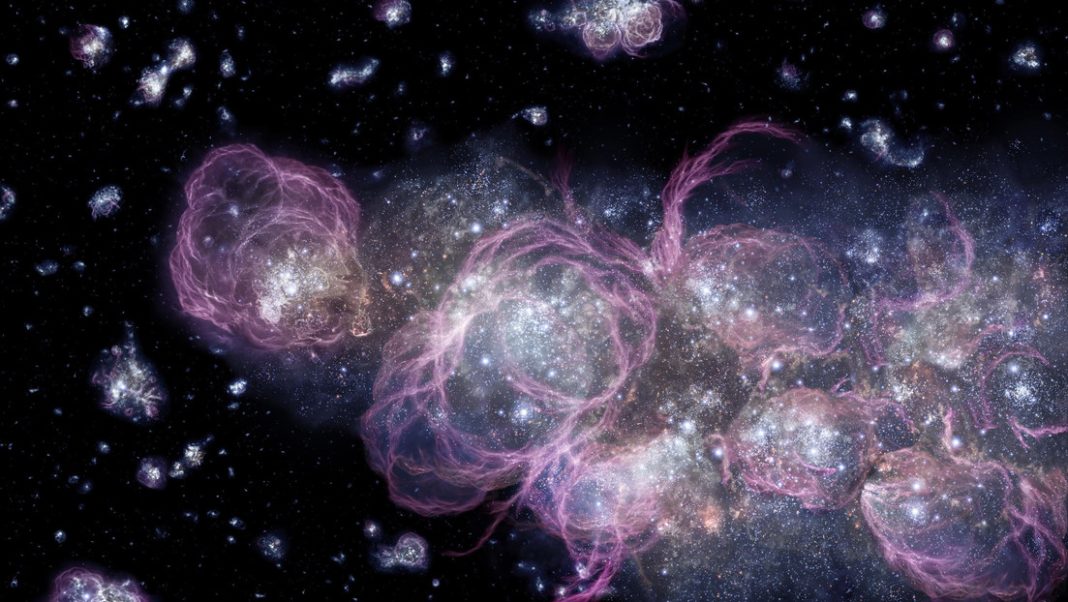
A study by three scientists allowed them to create a model for the evolution of the universe and concluded that within about 100 million years it could enter a shrinkage phase. The investigation was based on observations of his past behaviour.
According to work published in the Proceedings of the National Academy of Sciences, the goal was to model dark energy, a force that appears to be causing an increasingly faster expansion of the universe, which is not defined as a constant force of dark force. Nature but as an entity called Essence, which can degrade over time.
After about 13.8 billion years of continuous expansion, researchers have estimated that the universe could slow down within 65 million years, while within 100 million it would completely stop expanding. From then on, it will enter an era of slow deflation.
Paul Steinhardt, director of the Center for Theoretical Sciences at Princeton University, New Jersey (USA), stated that this process can occur “remarkably” quickly. “Going back in time 65 million years, that was when the Chicxulub asteroid hit Earth and wiped out the dinosaurs. On a cosmic scale, 65 million years are remarkably short.”
In the research, also co-authored by Anna Egas, of New York University, and Cosmin Andre, of Princeton University, they questioned whether the acceleration of the expansion of the universe “must go on forever.” “And if not, what are the alternatives, and when can things change so quickly?” Steinhardt explained.
To find an answer, the team predicted how the properties of the substance might change in the next few billions by creating a physical model that shows the behavior of its strength, which can be repulsive or attractive.
As shown, the centrifugal force of dark energy could be in the midst of a rapid decline that likely began billions of years ago, so they estimated that the expansion of the universe would indeed slow. “It’s going to be a special kind of contraction that we call slow contraction. Instead of expanding space, it’s contracting very slowly,” Steinhardt said.
In this scenario, the specialist explained that two things could happen. One is for the universe to shrink until it collapses on itself, and space-time as it is known today ends, and the other is for it to shrink back to a state similar to its original conditions and the other Big Bang that creates a new universe occurs. From the ashes of the old.
In the latter case, the universe would follow a cyclical pattern of expansion and contraction, constantly collapsing and rebuilding itself. Therefore, Steinhardt concluded that the current universe may not be the first or the only, and this depends on the changing nature of dark energy.

“Wannabe internet buff. Future teen idol. Hardcore zombie guru. Gamer. Avid creator. Entrepreneur. Bacon ninja.”




